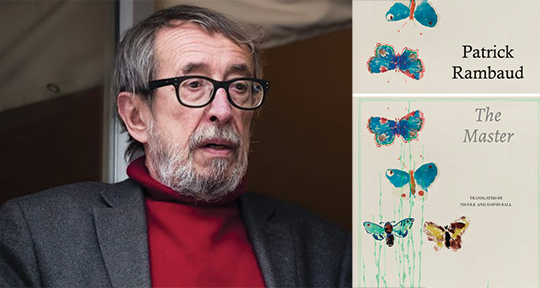The Master by Patrick Rambaud, translated from the French by David Ball and Nicole Ball, Seagull Books
Patrick Rambaud’s The Master tells the story of the life of Zhuang Zhou, a legendary philosopher, the progenitor of Taoism, and the probable author of the eponymous Zhuangzi, a collection of metaphysical teachings beloved by ancients and moderns alike. Zhuang Zhou lived two and half thousand years ago, only a few centuries removed from the misty limits of recorded history, during the Warring States period, a febrile, fractious time of geopolitical strife and civilisational flourishing. Historical accounts about him are nearly nonexistent, and what little is known of his life we can only glean from the Zhuangzi, whose lessons come in the form of parables supposedly inspired from events in his life.
The life and times of a quasi-mythical master philosopher, so far away in time, so sparsely recorded by contemporary historiography, so enmeshed already in fable and allegory, are ripe for historical fiction: the genre’s usual constraints, born of the need to fictionalise within the bounds of the historical record, become looser as the hard truths of history become more difficult to pin down. Rambaud uses this unusual latitude cleverly, but also with scrupulousness. The Zhuangzi is his source text, and he treats it with immense respect—something clear in all of the literary inventions present in The Master, and clearest of all in Zhuang Zhou himself, his chief creation.

